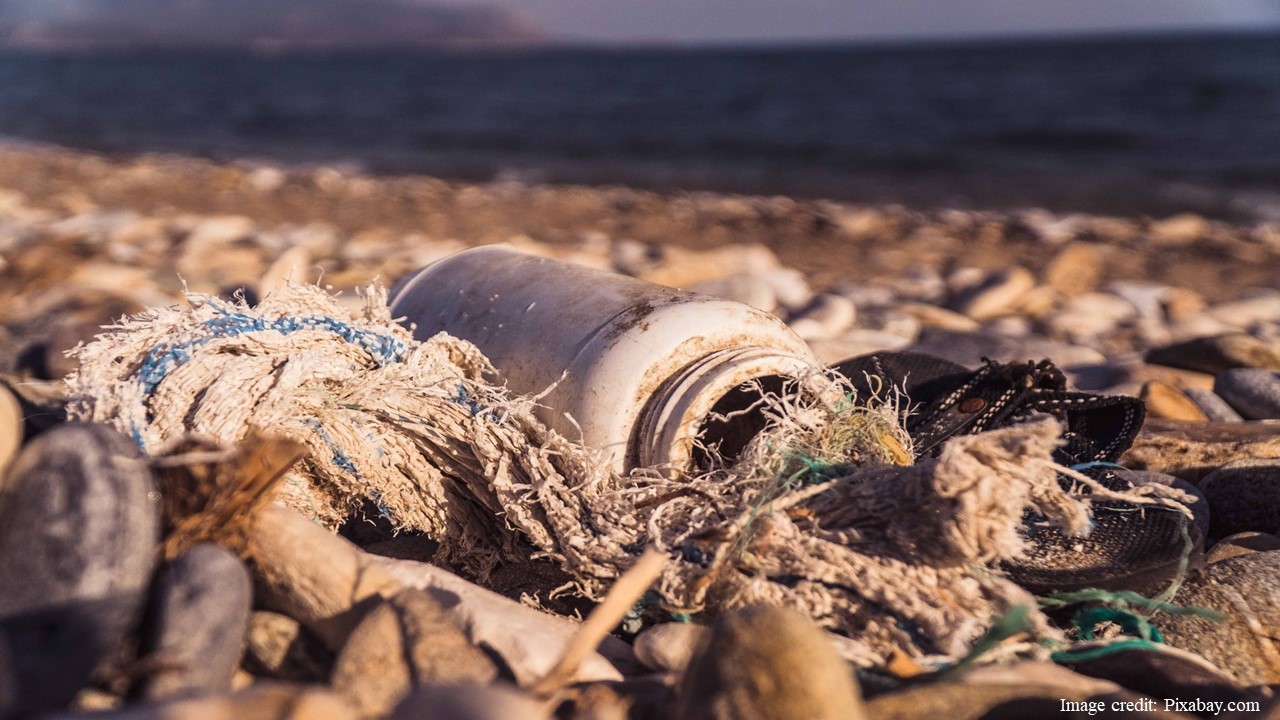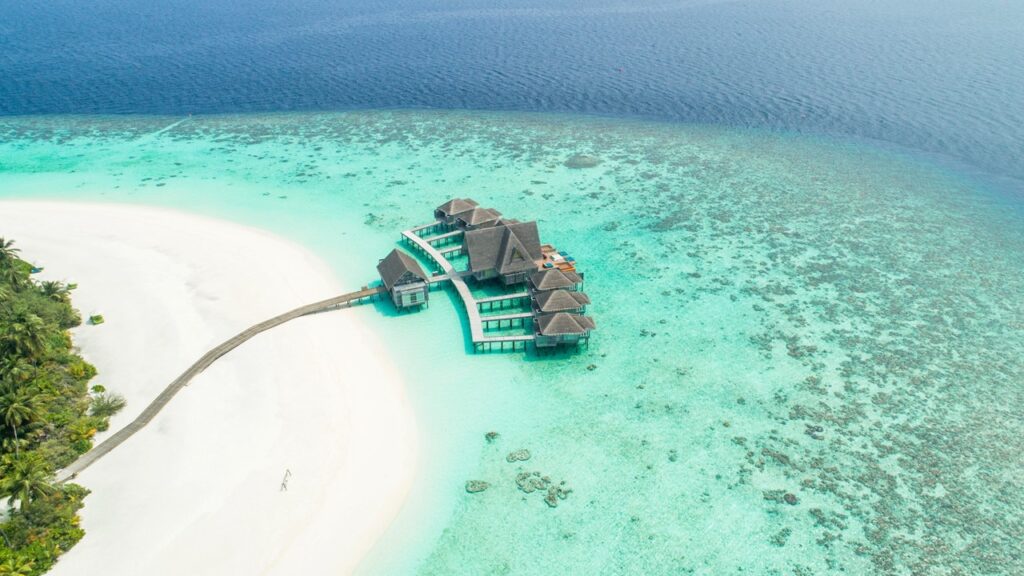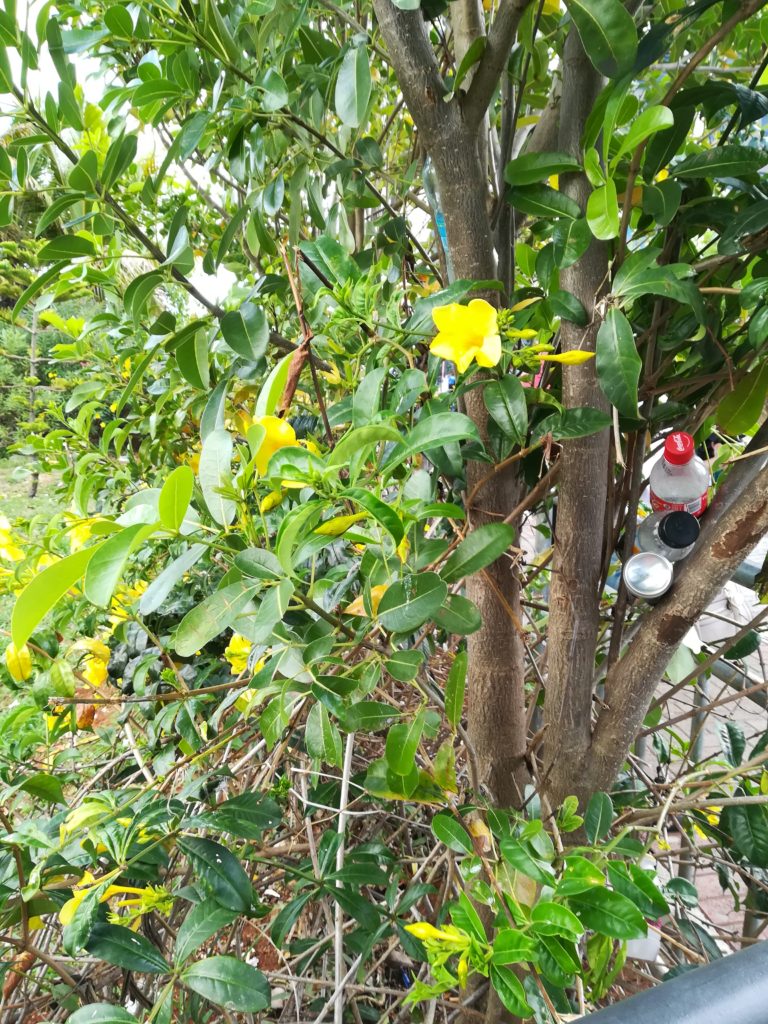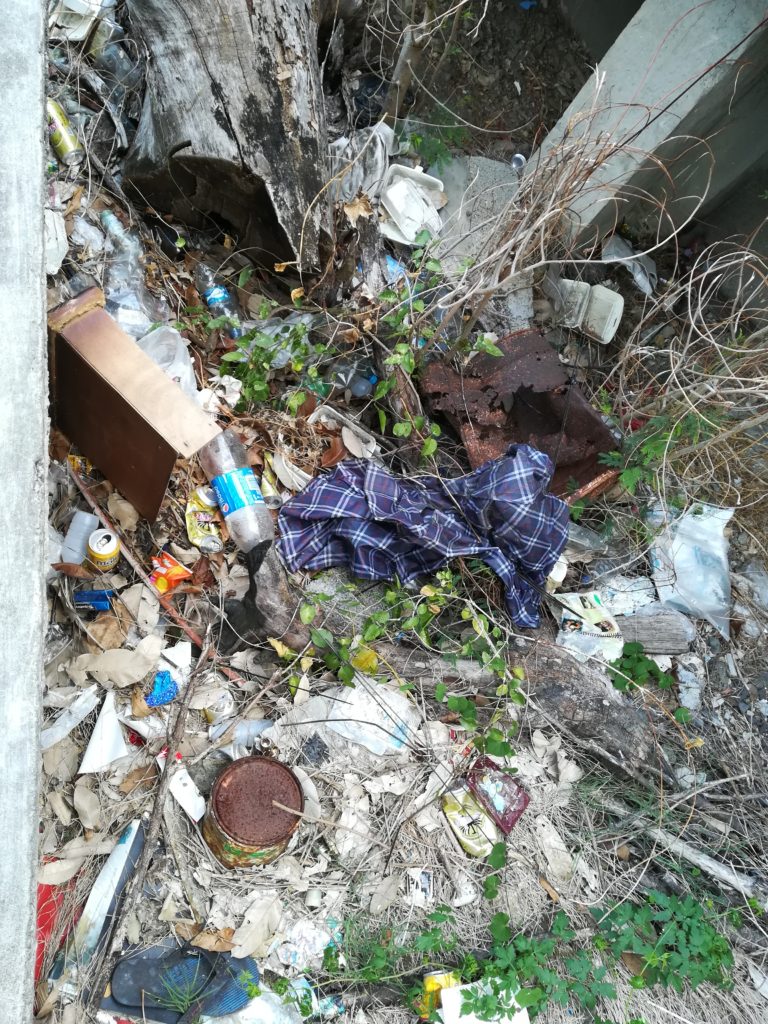How to handle the waste problem on small islands

Desolate planet. Piles of rubbish. This is basically how pictures of the end of our beautiful planet are painted. As we produce more waste, we have to handle their disposal as well. Worldwide, waste management is an issue that gives stakeholders migraines. But the problem is even more severe for the small isolated islands. Sri Lanka, for instance, is one of the world’s most waste generating islands, amounting to 7000 MT of waste per day.
What’s the problem with small islands?
In trying to keep pace with development and consumption, remote islands face the major problem of waste accumulation. It would be hard to say that progress and solution is not on the minds of environmental experts, but the problem is much more complicated than that.
1. Urbanization
For how long will islands use wooden boats and paddles? As they invest in modern equipment and paraphernalia, they also produce more waste. So, they have to dispose of it.
2. Space
As the population increases, land area also decreases. This further exacerbates the waste problem.
3. Regulatory laws
More often than not, laws exist on paper but are not applicable in practice. Generally, on many islands where tourism is a major source of income, environmental laws are bypassed for the sake of development. Or laws may be applicable but governing bodies lack knowledge and power to actually enforce them.
4. Treatment facilities
Additionally, some islands may lack treatment facilities, like sewage treatment plants, to properly dispose of their waste. This is because they actually lack the funds to invest in such facilities. Consequently, pollution rises.
5. Staff training
Basically, any new approach or development requires training first. Thus, a lack of training, as well as, inappropriate training makes handling any issue even harder for islanders.
6. Capital
As it is, national projects require investment to carry forward. In many cases, governments do not have the capital to embark on them. While many islands require external funding for these projects, finding donors or sponsors willing to invest in them can be problematic.
7. Topography
There is no going around this one: the topography of small islands plays an important role in their waste management scheme. How to dig a landfill on a thin, flat island? Hence, we must consider alternatives.
8. Tourism
Remote islands are generally touristic havens: people from busy cities fly to islands to relax. Unfortunately, touristic activities threaten the ecosystems of islands tremendously.
The Maldives, for example, one of the most beautiful holiday destinations, has now literally become an oceanic bin. The amount of rubbish produced goes way beyond what the island can manage.

9. Education
Unfortunately, many islanders do not understand how fragile their environment is. For instance, they often burn all sorts of waste as they do not understand the health problems that these may eventually cause.

10. Mindset
But, at the end of the day, it all comes down to this: the mindset. Many people in fact do not want to change because of the comfort of doing things in the usual manner. If throwing down gullies is the norm, they will follow it.

How to handle the situation then?
As it is, there is no general rule to follow here. Each island, based on its different capacities and nature must come up with the appropriate solution to handle its waste. Some solutions that may help include:
1. Composting
Roughly 50% of the total waste stream is organic matter like leftover food and peels. So, composting these materials is a natural way to lower the bin levels and the compost obtained can be used to grow crops.
2. Bokashi compost
As it is, science students from the University of Mauritius suggested the use of Bokashi compost to alleviate the waste management issue in Mauritius. Bokashi is a mix of Effective Microbes that help to digest meat and dairy products in addition to greens. It is, thus, a better alternative to normal composting and it also yields results within a shorter period of time.
3. Waste to energy plants
Likewise, governments can ask for regional or international help to set up waste to energy plants that transform garbage into energy. In fact, the UK helped the Isles of Scilly in Europe to do so.
4. Support from close countries
Additionally, when islanders have no proper means to dispose of their waste, close countries can support them. For example, residents on Matinicus island in the US, get help from neighbour Rockland to dispose of old metals. Ferries carry the old junk from the island to the mainland for recycling.
5. Landfills
In general, landfills are the most secure way to get rid of non-organic waste. Where the land permits it, like on rocky volcanic islands, secured and monitored landfills can be set up.
6. Reuse, reduce, recycle
The 3Rs. Whatever can be reused, reduced or recycled must be done. Islanders must learn the importance of this approach to reduce the amount of waste.
7. Education and training
In general, knowledge is the weapon that can prevent many disasters. Once people get the right information, they can make the right choices.
On a final note, it is, by no means, an easy task for an island to manage its trash in the ages that we are now living. You try to cut down on paper by not printing emails, you end up buying more stuff online, wrapped in more plastic. Hence, the only way to handle the waste issue on islands is to concentrate on sustainability and a No-Plan-B planet to go to.

Pingback: Positive and Negative Impacts of COVID-19 - Yo Nature
Pingback: Green Living: 10 Best Ways to Live a Green Life - Yo Nature
Pingback: Negative impacts of humans on the environment - Yo Nature
Pingback: Composting Explained: Conditions, Benefits, Problems - Yo Nature
Pingback: Climate change: Natural and Anthropogenic causes - Yo Nature
Pingback: Green insurance: Meaning, Products, Benefits - Yo Nature
Pingback: Negative impacts of tourism on the environment - Yo Nature
Pingback: 14 simple ways to reduce your ecological footprint - Yo Nature
Pingback: positive impacts of tourism on the environment - Yo Nature
Pingback: Sustainable tourism in Mauritius - Yo Nature
Pingback: The concept of Ecological Footprint explained - Yo Nature